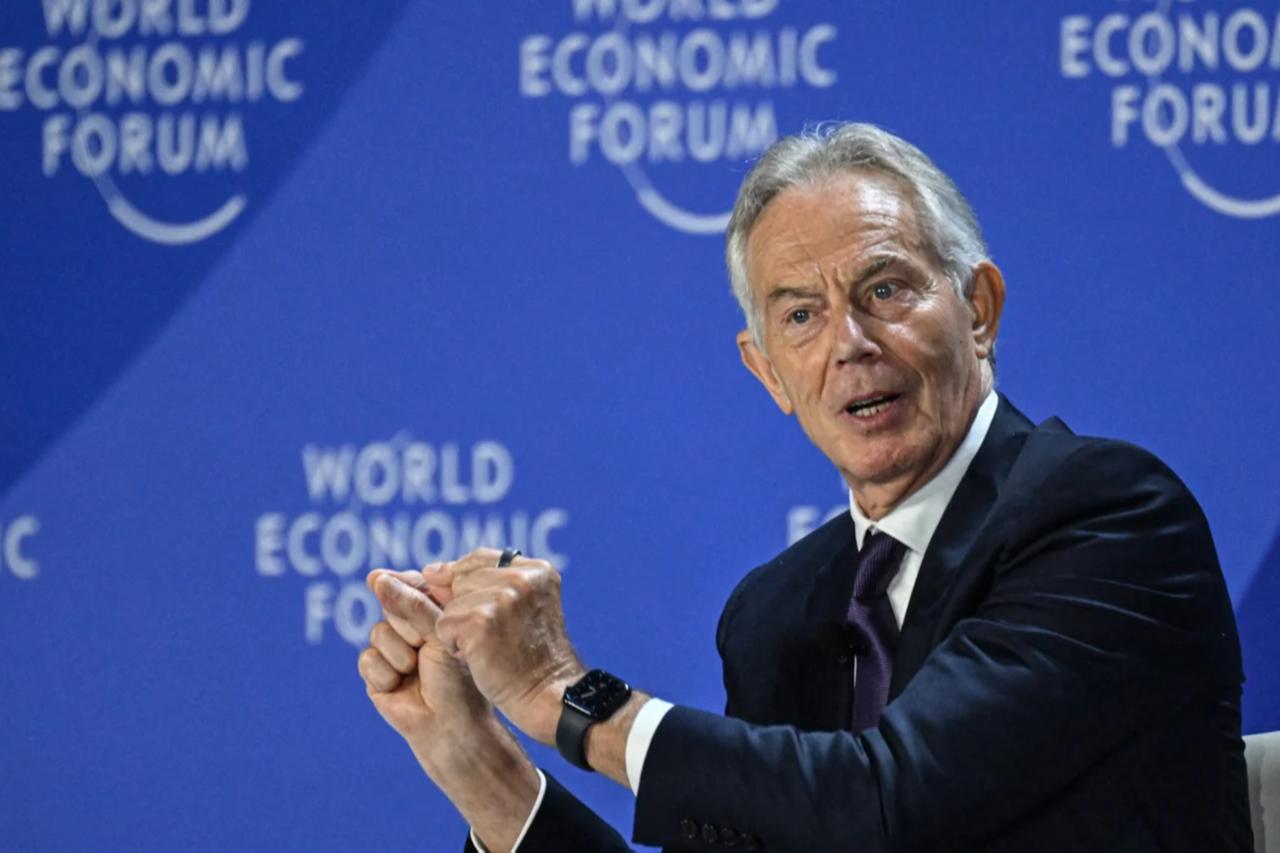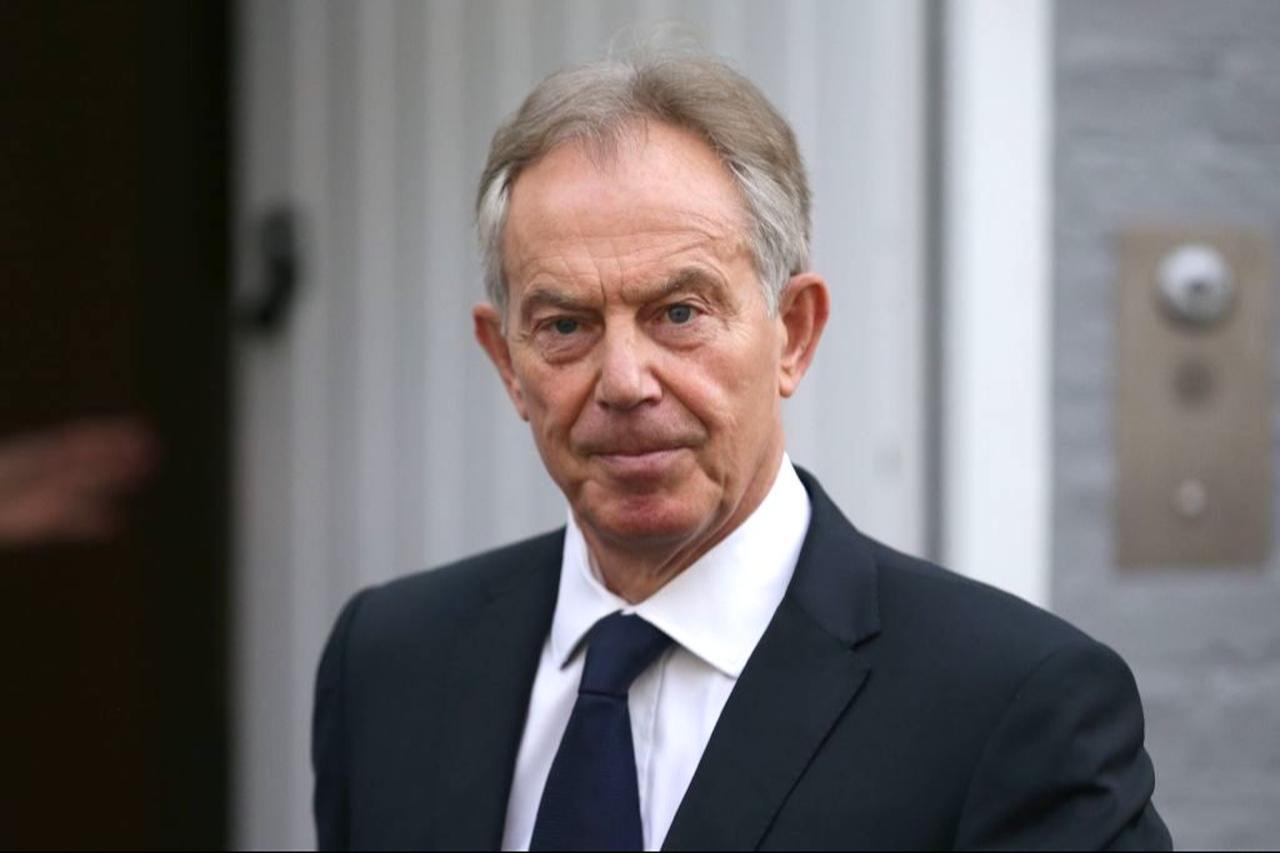
Tony Blair’s name has resurfaced in the Middle East, and the stakes could not be higher. In the wake of Gaza’s recent conflict, U.S. President Donald Trump's Gaza plan named the former U.K. prime minister at the helm of a new international authority overseeing the territory.
For Palestinians, Blair’s potential involvement is deeply unsettling, given his legacy in Iraq and decades of Western intervention. Hamas has already rejected the notion, calling him an “unwanted figure” and warning that his involvement would send a disastrous signal to the Palestinian cause.
Trump’s plan envisions Gaza’s administration not under Palestinian control but in the hands of an international board of billionaires and technocrats, with Blair serving as chief coordinator. This transitional authority, called the Gaza International Transitional Authority (GITA), would be sanctioned by the U.N. Security Council and work closely with Israel, the U.S., and Egypt. Palestinians would have limited technocratic roles in health, education, water, and energy, while all major political decisions would remain with the international board.
The Sept. 11 attacks transformed global politics and Blair’s political trajectory. His close personal rapport with former U.S. President George W. Bush became a powerful alliance, positioning Blair as Europe’s most vocal supporter of the “War on Terror.” He framed military intervention in Afghanistan and Iraq as both moral and strategic.
Intelligence reports—such as the February and September Dossiers—were presented as near-certainties, exaggerating Iraq’s alleged possession of weapons of mass destruction (WMDs), claims later criticized by the 2016 Chilcot Report. Public fear was amplified by claims of chemical attacks within 45 minutes, justifying invasion.
Blair’s loyalty to Bush cemented him as a steadfast European ally. At the same time, Blair reportedly used private backchannels with senior U.S. officials, including Condoleezza Rice and Colin Powell, to coordinate messaging before official U.K. Cabinet discussions—a practice that would later attract criticism for bypassing traditional scrutiny.
Across Arab capitals, Blair became synonymous with Western militarism. Meetings with leaders such as Hosni Mubarak in Cairo and King Abdullah in Amman were colored by perceptions of Blair as embodying Western intervention. In private, Blair is said to have cultivated informal relationships with intelligence heads and Gulf monarchs, leveraging personal diplomacy to influence regional positions.

Following his premiership, Blair returned to the Middle East as the quartet’s special envoy, engaging in Gaza reconstruction and mediating Israeli-Palestinian negotiations. Nevertheless, his influence remained constrained; refusal to engage with Hamas kept him in a Western-aligned framework, and regional skepticism persisted.
Blair’s personal endeavors drew attention. Through his consulting firm, Tony Blair Associates, he advised governments across the Gulf, Central Asia, and Africa. Some contracts were public, others confidential. Reports suggest he provided strategic advice to Gulf monarchs on economic diversification and political stability, blending commercial interests with his moral interventionist ethos.
The Iraq War’s legacy continues to shape perceptions. The “Butcher of Iraq” label stems from intelligence overstatements, inadequate post-invasion planning, and civilian casualties estimated at 150,000 in the early years, with millions displaced. Post-Chilcot analyses noted deliberate removal of caveats from intelligence reports and Blair’s dominance within his Cabinet, which suppressed dissent. Public perception in both the U.K. and the Middle East remains skeptical, with 53% of U.K. respondents considering the invasion wrong, and 21% believing Blair should face trial for war crimes.
Blair’s negative image is intertwined with decades of Western interventionism. The 1991 Gulf War, 1998 airstrikes, and ongoing foreign influence shaped regional distrust.
Blair maintained a close personal and strategic relationship with Bush, characterized by frequent private phone calls and coordinated media appearances. Leaked diplomatic cables suggest Blair advised U.S. officials on Middle East strategy, sometimes proposing initiatives that were never publicly announced. This behind-the-scenes coordination enhanced Blair’s influence but reinforced perceptions of him as a Western instrument rather than an independent mediator.